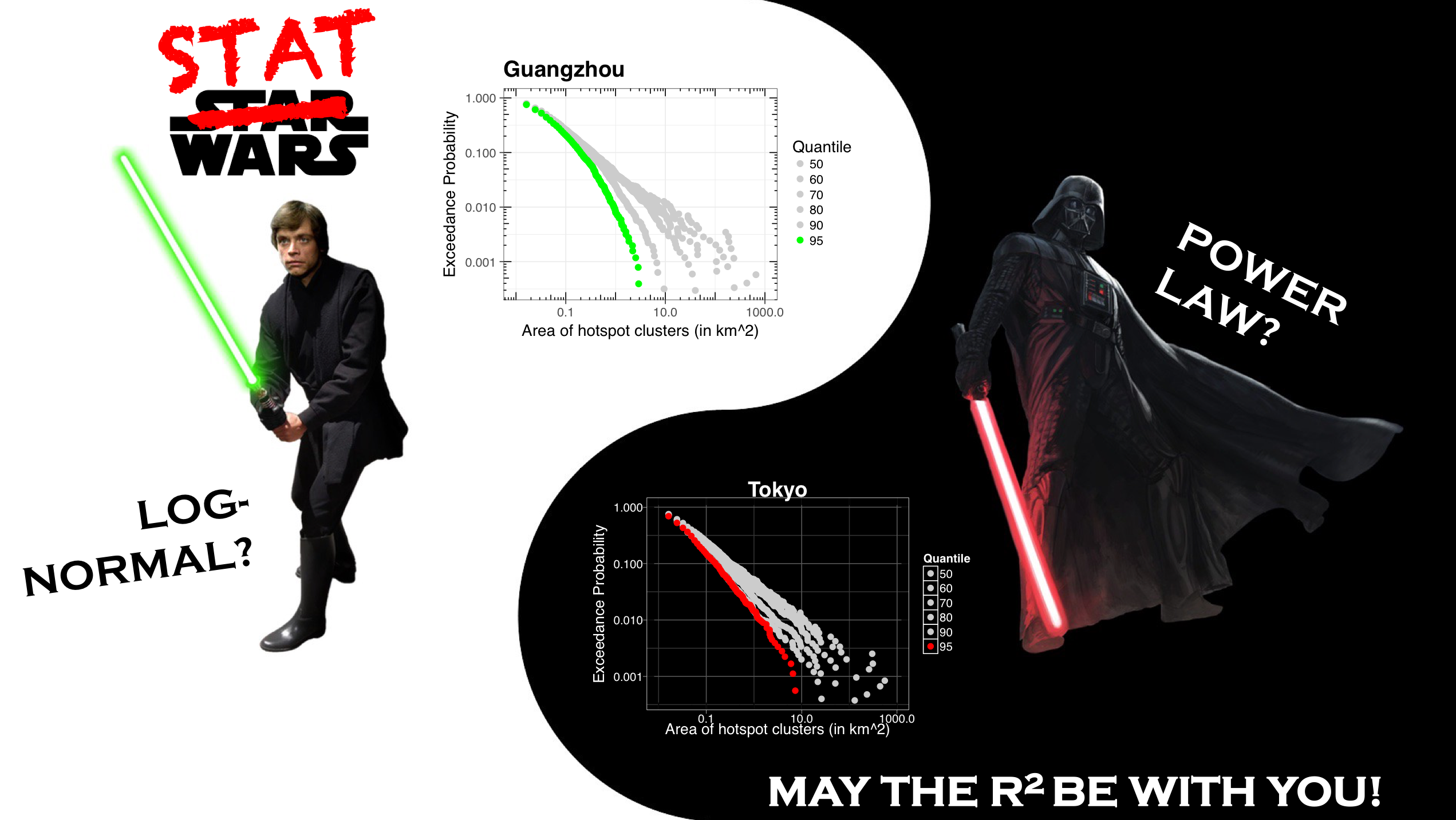Navigating grad school
| The hidden curriculum of grad school: Getting a PhD can be surprisingly different than your undergraduate journey. Here’s a good way to better adjust your expectations of grad school. |
| Obsidian: I am a big fan and a long time user of Obsidian system for personal knowledge management. I have found this to be the most useful tool to manage my research (esp. advisor meetings). As writing is an absolutely essential skill for PhD students, I highly recommend a proper writing app such as this one. |
| Calendar. Not to-do lists.: When it comes to time management, I am not a calendar-based planner. But if you are, check out this amazing blog post. |
| The art of spaced repetition: To accept that any expertise you once had will fade with time if tucked away. Try to find time to relearn old tricks as we learn new ones. |
Research groups
Some of the awesome research groups that I have had the pleasure to work with. Check them out and get in touch if you want to collaborate, be a part of, or just chat.
| Networks are basic structures underlying many natural, social and engineered systems in our environment. Technical networks are e.g. streets, power grids, communication, sewer and water supply networks, while natural networks comprise systems as diverse as river networks, pore structures in the unsaturated zone, food webs and atmospheric transport structures. We study the dynamics and inter-relatedness of these networks. This is an international group of researchers from Purdue University, University of Florida, Gainesville, Helmholtz Centre of Environmental Research (UFZ), and Technische University, Dresden who meet twice a year in either Germany or USA. |
| WUDAPT is an international community-generated urban canopy information and modeling infrastructure to facilitate urban-focused climate, weather, air quality, and energy-use modeling application studies. Get LCZ maps. |
Weather Research Forecasting (WRF)
| WRF Diaries: Here I take notes on running WRF. In the hope that the hurdles I have overcome once do not slow me down again. |
Remote Sensing and Geospatial Analysis
| Google Earth Engine: If you deal with satellite data and geospatial analysis, give this a test drive. |
Interactive Science Communication
I am extremely passionate about data visualization and visual story-telling. Here are some compelling narratives that inspire me.
| Parable of the Polygons: This is a story of how harmless choices can make a harmful world. Based on Schelling’s model of segregation, this playable website neatly explains why today’s society seems demographically segregated. |
| Fireflies: How small-interactions can lead to large-scale organization. |
| Complexity Explorables: Interacting with complex systems is the best way to understand the simple rules that gives rise to chaotic outcomes. I encourage you to play around and find analogies to any system of your interest. |
| NetLogo: Agent-based modeling visualized. |
| Shiny Apps in R: Make interactive web applications for your data analysis using RStudio. |
| Interactive Web Apps in R: Dash, the fastest growing framework for building analytic web applications, is now available for R. |


